The Peace Treaties.In January 1918, Woodrow Wilson, President of the USA, outlined, in his speech to the congress, the ‘fourteen points’ that were essential in maintenance of world peace.Among these were three great principles that formed the basis of world peace namely;
The Treaty of Versailles.It should be noted that all the above treaties were generally referred to as the Treaty of Versailles.Terms of the Versailles Treaty of 1919.
Failures of the treaty of Versailles.
RESULTS OF WORLD WAR I
Achievements of the League of Nations.
Failures of the League of Nations.
Factors that undermined the effectiveness of the League of Nations.
0 Comments
The 1930’s witnessed the rise of dictators in Europe like Adolf Hitler of Germany, Benito Mussolini of Italy and General Francisco Franco of Spain who intentionally defied international opinion and disregarded the Versailles Treaty and League of Nations.
Their activities and those of Japan began to interfere with prevailing peace in the world. This happened at the time when USA had retreated into isolation leaving the task of maintaining world peace only to Britain and France. The Second World War involved most countries in the world with millions of people conscripted for service in both the military and war related industries. Causes of the Second World War.
COURSE OF WORLD WAR 2The invasion of Poland by German forces on 1st of September 1939 and the subsequent declaration of war against Germany by Britain and France on 3rd of September 1939 marked the beginning of the Second World War.Meanwhile on 17th September 1939, the USSR attacked Poland from the East, as per the secret clause in the Nazi-Soviet act of August 1939. Poland had been overrun by German and Russian forces by 27th September 1939. The country was divided between Russia and Germany. The phoney war.This was a period during world war two when no major military operations were undertaken on the western front although war had been declared on Germany by France and Britain. The period lasted eight months from 3rd of September 1939.It was used by the Allied countries to fully mobilise their forces for an attack on Germany since they had not initially been prepared. Hitler on his part did not want to be involved in war in the west since his armies had not fully recovered from the consequences in the east. During this period, two unsuccessful attempts were made to bring peace;
War in Western Europe.On 9th April 1940, Hitler launched a sea-borne invasion against Norway after attacking Denmark via land. They were assisted by a Norwegian Nazi sympathiser Vidkund Quisling. The prime minister of Norway and his Ministers fled to London and Hitler established a puppet government in the country.The defeat of British and French forces in Norway sparked off a parliamentary revolution in Britain forcing the PM Neville Chamberlain to resign to be replaced by Sir Winston Churchill. Germany extended their attack on Luxembourg, Netherlands and Belgium. The Allies were unable to contain the German advance and even retreated to the French port of Dunkirk, marking a major defeat of the allies in Europe. On 14th June 1940, the Germans captured Paris forcing the new Prime Minister Paul Reynaud to sue for peace with Hitler on 22nd June 1940. Under the peace agreement, The Germans took over Alsace –Lorraine, Northern France and the Atlantic coastline. the French government fled to Vichy, southern France. Why the French were defeated so quickly.
The battle of Britain determined the future of World War II. It forced Hitler to delay his attacks. War in North Africa. WWII in Africa was marked by the Italian successful attack on French and British Somaliland. Under Marshal Graziani, the Italian forces advanced to Egypt though unsuccessful. In June 1942, German forces moved to North Africa to reinforce the Italians.However, British forces led by General Bernard Montgomery moved quickly and captured Malta which would have been used as a base for attack by the Germans. General Montgomery attacked the Germans at El Alamein in Egypt, forcing them to move to west. On 8th November 1942, British and American forces invaded Morocco and Algeria. Although the Germans continued fighting in Tunisia, by May 1943, their Army under General Rommel had surrendered. War in the Balkans.In August 1940, Hitler Attacked and captured Romania and Bulgaria. In April 1941, Yugoslavia and Greece were taken. Crete was taken in May 1941.On 22nd June 1941, Hitler attacked USSR forcing the Russian troops to retreat. However, he failed to capture Moscow before the onset of winter. In June 1942, the Germans resumed their offensive. They were finally defeated at the battle of Stalingrad on 31st January 1943 by the Russian Red Army led by Marshal Zhukov. The Germans lost 300,000 men while 100,000 survivors surrendered. By May 1944, the Russians had pushed the Germans from their territory and were approaching Germany itself. Why the Germans were defeated during the Russian Invasion.The German army was fighting in several fronts at the same time as compared to the allies. This lack of concentration in one area allowed the other Russian army to defeat them.The soviet forces employed the scorched earth policy which left very little for the German forces. The Germans ill-treated the soviet people and exploited their economic resources causing resentment and unity to fight with determination. Weak leadership by the German military leaders contributed to their defeat. USA entry into World War IIThe Japanese attack on the American great Naval Base at Pearl Harbour on the Hawaiian island is the one incident that dragged USA into WWII.On 8th December 1941, the USA, Britain and the Netherlands declared war on Japan. The Germans and Italians also declared war on the USA. Russia kept off the war in Asia having signed a treaty with Japan. Japan resisted fiercely. Her air force sank two British battleships on 10th December 1941.She captured Hong Kong, Malaya in Malaysia and took over the great naval base at Singapore. She also occupied Burma, Dutch East Indies, the Philippines and parts of the western pacific islands. The Japanese forces were repulsed while on their way to Port Moresby, New Guinea in may 1942. In 1942, Britain used her bases in India to attack Japan. Japan attacked India in 1944, but the strong and large allied forces defeated the Japanese at the battle of Kohima. The defeat of Germany.After 1942, the tide of success began to turn against Hitler. German forces were defeated by the allies in North Africa and France. By March 1945, the Allies had crossed the Rhine, pushed the Germans out of France in June 1944.The Germans were meanwhile facing the Russian attack from the East. Hitler accepted defeated and handed over power to one of the Military Generals to retreat to an underground Bunker in Berlin. On 29th April 1945, Hitler married his long term Mistress Eva Braun. On the following day, he committed suicide by shooting himself while Eva Braun took Poison. On 7th May 1945, the Germans surrendered unconditionally. Why the Germans were defeated.
The defeat of Japan.After Germany surrendered, Japan continued with fierce fighting sometimes employing the services of suicide bombers known as Kamikaze. The allies were able to liberate the territories captured by Japan.After the defeat at Okinawa, Japan was certain of defeat, but her PM , Admiral Suzuki Kantaro, did not believe in unconditional defeat. On 6th August 1945, a bomber Aeroplane, Enola Gay, commanded by Colonel Paul Tibbets, flew over Hiroshima dropping a 4535.15kg atomic bomb. About 78,000 people died. On 8th August 1945, Russia attacked Japan. On 9th August 1945, an even larger Bomb was dropped on Nagasaki killing more than 40,000 people. Japan surrendered unconditionally on 15th August 1945 bringing WWII to an end.
Factors that enabled the allied powers to win the Second World War
Social results of Second World War
Political effects of the World War II.
Economic effects of World War 2.
FORM 4 ATIKA SCHOOL HISTORY NOTESWorld War IWorld War I or the First World War was a war fought by many countries, which is why it is called a "world" war. It started in 1914 and ended in 1918. 135 countries took part in World War I, and more than 15,000,000 people died in the war.
World War One - Causes
The First World War, which began in August 1914, was directly triggered by the assassination of the Austrian archduke, Franz Ferdinand and his wife, on 28 June 1914 by Bosnian revolutionary, Gavrilo Princip. This event was, however, simply the trigger that set off declarations of war.
The actual causes of the war were;
The First Moroccan CrisisThe First Moroccan Crisis clearly indicated that Germany’s relation with France was at best fragile. In 1905 Morocco was one of the few African states not occupied by a European power. In May 1905 it was agreed that an international conference should be held on Morocco in Algeciras.The Algeciras Conference of 1906The main aim was to decide what was to be done with regards to Morocco. The two main protagonists at Algeciras were France and Germany. However, it soon became very clear to Germany that other European powers had sided with France – Britain, Spain and Italy. The Algeciras Conference ended on April 7th 1906.The Germans got very little out of the conference. The plan to create a triple alliance or even a quadruple alliance to isolate Great Britain failed. Arguably, by the end of the conference, Britain and France had even closer ties to one another. A German presence in North Africa had also failed to materialize. The French media portrayed Germany as an inferior nation, much to the concern of the more experienced politicians in Paris. The Algeciras Conference may have ‘resolved’ the crisis in Morocco but the outcome clearly defined Europe into certain camps. At this conference Germany publicly lost out.The Agadir Crisis of 1911 (the Second Moroccan Crisis.)The Agadir Crisis occurred in 1911 just four years after the First Moroccan Crisis. Germany’s attention was diverted after the 1905-06 crises by other issues, mainly building up her navy so that it rivaled the Royal Navy. As a result France spent five years having far more influence in Morocco than Germany. They backed the corrupt Sultan, Abdul Aziz, who was accused by some of his countrymen of selling out Morocco to the French. The half-brother of Aziz, Mulay Hafid, took a stand on behalf of the Moroccan people who proclaimed him Sultan in January 1908. Fez also came under attack. In April 1911 a decision was made in Germany to send troops to Fez to support the foreign contingent living there. The plan was to send German warships to Agadir and Mogador ostensibly to defend German citizens in Morocco. A gunboat, the ‘Panther’, was sent to Agadir on July 1st 1911.What part did the Agadir Crisis play in the outbreak of World War One? The episode proved that Germany was hell-bent on trying to dominate Europe as a whole. Winston Churchill and David Lloyd George were among those who believed this. 7) Bosnian CrisisIn 1908, Austria-Hungary took over the former Turkish province of Bosnia. This angered Serbians who felt the province should be theirs. Serbia threatened Austria-Hungary with war. Russia, allied to Serbia, mobilized its forces. Germany, allied to Austria-Hungary mobilized its forces and prepared to threaten Russia. War was avoided when Russia backed down. There was, however, war in the Balkans between 1911 and 1912 when the Balkan states drove Turkey out of the area. The states then fought each other over which area should belong to which state. Austria-Hungary then intervened and forced Serbia to give up some of its acquisitions. Tension between Serbia and Austria-Hungary was high.8) The Assassination of Archduke Franz FerdinandA secret society called Ujedinjenje Ili Smrt, ('Union or Death') or Black Hand was founded in Belgrade, an outgrowth of an older Serb nationalist group: Narodna Odbrana. When it was learned that the Heir-Apparent to the Austrian throne, Franz Ferdinand, was scheduled to visit Sarajevo in June of 1914, the Black Hand decided to assassinate him. Three young Bosnians were recruited, trained and equipped: Gavrilo Princip, Nedjelko Cabrinovic and Trifko Grabez. The murders of Franz Ferdinand and Sophie brought Austro-Serbian tensions to a head. As Vienna took a hard line against Serbia, the other powers in Europe took sides. The wheels of war gained speed. The Crisis of July turned into world war, just over thirty days after Franz Ferdinand and his wife Sophie were shot.System of Alliances.By 1914, Europe had divided into two camps.
1) The Triple AllianceThe alliance between Germany and Austria was natural. Both spoke the same language - German - and had a similar culture. Austria was in political trouble in the south-east of Europe - the Balkans. She needed the might of Germany to back her up if trouble got worse. Italy had joined these countries as she feared their power on her northern border.Each member of the Triple Alliance (Germany, Austria and Italy) promised to help the others if they were attacked by another country. By the close of the war the Central Powers had been extended to incorporate Bulgaria and Turkey 2) The Triple EntenteThe Entente Powers comprised a military alliance - driven by a variety of inter-related treaties - of France, Great Britain and Russia.The Entente alliance sprang from the military concerns of Germany's neighbours to east and west. Russia and France; accordingly in 1894 they signed an alliance based upon fears of growing German power. Britain subsequently forged alliances with both Russia and France once it became clear that Germany intended to construct a navy to match the Royal Navy in the late 1890s. Thus the Entente Alliance was not a formal alliance. The term was later replaced by the more general 'Allies' to include other nations including Italy and Japan. THE COURSE OF THE WAR.
The war was fought in three continents; Europe, Africa and Asia and both on land and on the sea. In Europe, the war was fought in two fronts
The Western Front was where most of the fighting between Germany and the Allies happened.
The German Army went into Belgium on the 4 August. On the same day, Great Britain started a war on Germany, because Britain was a friend of Belgium. When the Germans got to the Belgian city of Liège, they did finally push the Belgians out of the city, but it had taken longer than the German generals had planned. On December 24-25, 1914, there was a temporary halt to the fighting on parts of the Western Front. This was the Christmas truce. The initial force behind the Christmas Truce came from the Germans. Christmas was celebrated in full, with men visiting across the lines and gifts of food and tobacco being exchanged. As Christmas ended, both sides reluctantly returned to war, the bonds forged at Christmas slowly eroded as units rotated out and the fighting became more ferocious. By 1915, the Western Front had become a stalemate as both sides engaged in trench warfare. The men on both sides took spades and dug lines of trenches went all the way from Switzerland to the North Sea, because they did not want to be killed. In front of the trenches, there was barbed wire that cut anyone who tried to climb over it, and mines that blew up anyone who tried to run across the "no man's land" that was in between the trenches. Gas was also an important weapon used. The war in the west was static in the next three years and attempts by the military commanders on both sides to break the stalemate led to deaths of many soldiers. At the battle of the Somme in 1916 60,000 British men died in a single day. It was one of the bloodiest days in the history of the British army. Seeking to shatter the Anglo-French lines, the German Chief of Staff, Erich von Falkenhayn, began planning a massive assault on the French city of Verdun. The Battle of Verdun lasted from February 21, 1916 until December 18, 1916 and was one of the longest and bloodiest battles of World War I. A brutal battle of attrition, Verdun cost the French an estimated 161,000 dead, 101,000 missing and 216,000 wounded. German losses were approximately 142,000 killed and 187,000 wounded.
2. The Eastern Front was fought in Central and Eastern Europe and was one of the main places where World War I took place. The start of the war on the eastern front involved an attack on Russia on 1st of august 1914. On August 6, Austria-Hungary declared war on Russia and six days later entered into hostilities with France and Britain. The Russians were decisively defeated by allied forces of Austria and Germany at the battle of Tanneberg in august 1914 and at the battle of Missourian
Lakes in September 1914.
Importance of Britain’s supremacy at sea
The final phase of World War 1
The final phase of the war was a second Germany onslaught on France in 1918 where the Germans were decisively defeated in the hands of USA soldiers.
End of World War I.
Two events that led to the end of World War I were:
The First Russian Revolution
In 1917, there was a revolution in Russia. The Russian people didn't want to fight anymore, because the war had been putting burdens on them, and many of them were poor and hungry.
The Second Russian Revolution
Two factions fought to rule over Russia. The passive Mensheviks lost against radical Bolsheviks. The leader of the Bolsheviks was Vladimir Lenin (1870-1924) which was Communist who followed the ideas of Karl Marx. The new government sued the Germans for peace, and signed a peace treaty called Brest-Litvosk with the Central Powers in March 1918 at the city of Brest Litovsk.
The Germans and Russians stopped fighting. This gave Germany lots of land in Eastern Europe and the Baltic Sea USA entry into the war.
The German generals using submarines named U-boats (underwater boats) attacked American ships (Lusitania) that were carrying food and weapons to Great Britain. Some Americans were killed by the submarines.
Germany also wrote a secret telegram note to Mexico suggesting that the two countries work together to attack the United States (the Zimmerman Telegram- because the person who sent it was named Arthur Zimmerman-the German foreign minister). Other reasons why USA entered the war on the side of the Allies were;
The socialist politicians declared Germany a republic and met with the Supreme Commander of the allied forces on 7th November 1918, Ferdinand Foch, to negotiate for end of the war with very stiff terms to the Germans. The stiff terms given to the Germans included;
War in the seas
Some of the fiercest battles between the Allies and the central powers took place in the sea. By May 1916, Germany’s main fleet was stationed in the North Sea to attack Britain’s fleet. However, the British intelligence decoded the German wireless code and was able to prepare the royal navy to fully counter Germany’s challenge. Both sides suffered casualties in the war that followed. 11 German ships and 14 British ships were lost.
Reasons why the allies won World War I.
|
Archives
April 2024
Categories
All
|
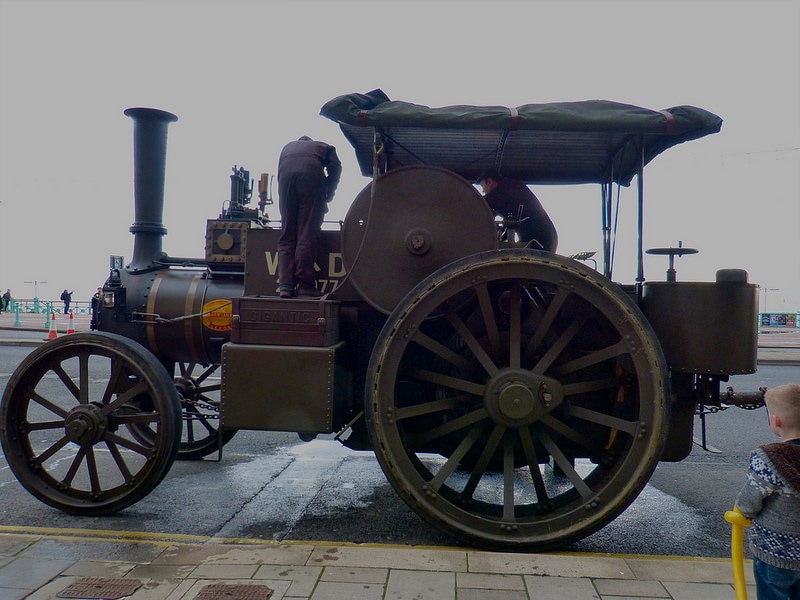

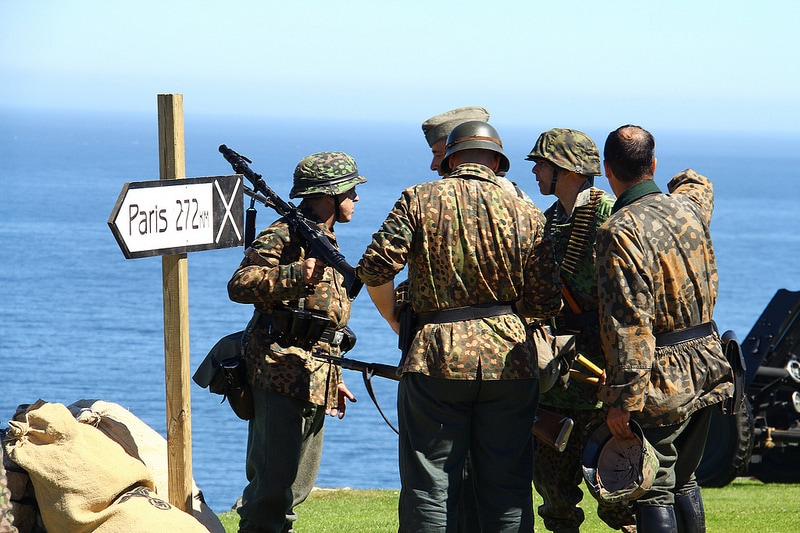
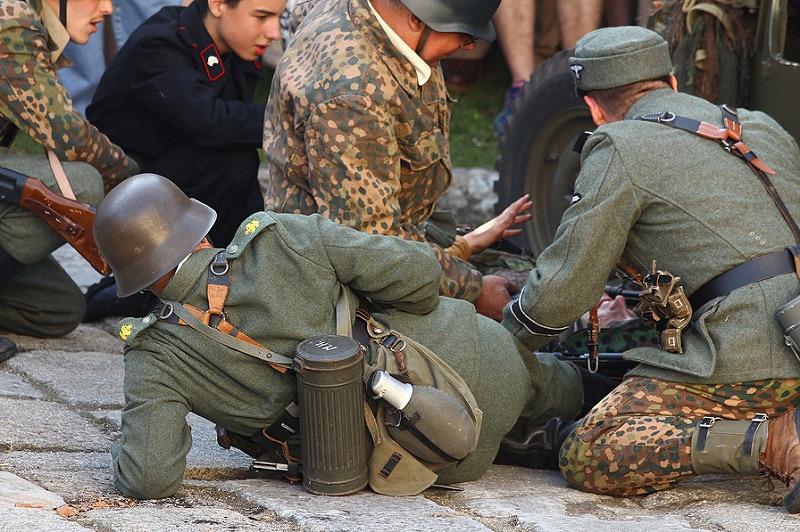
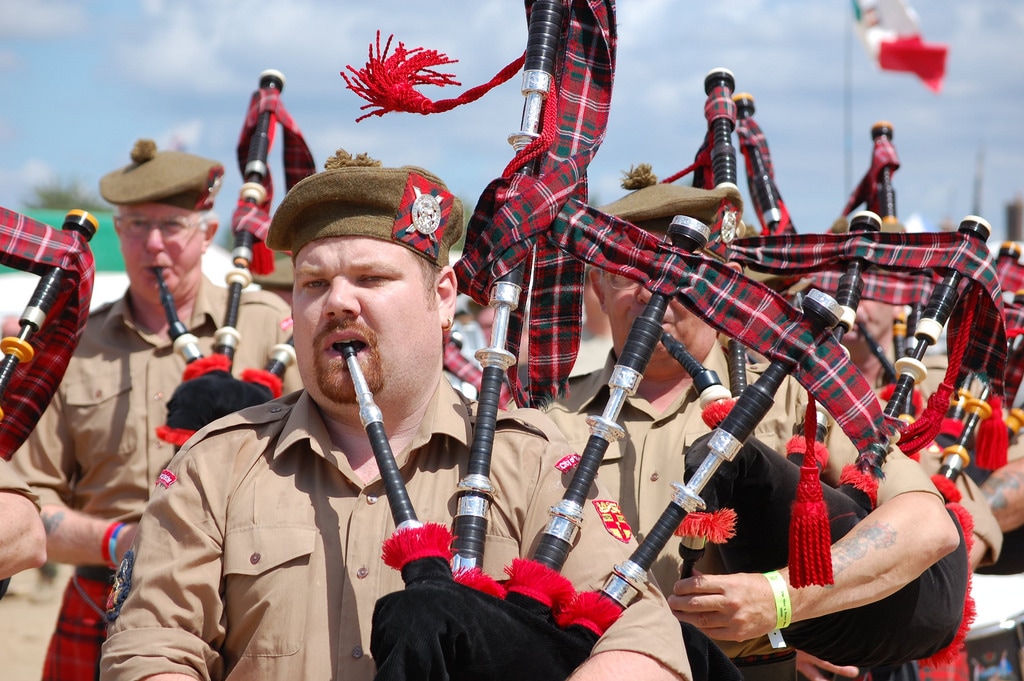
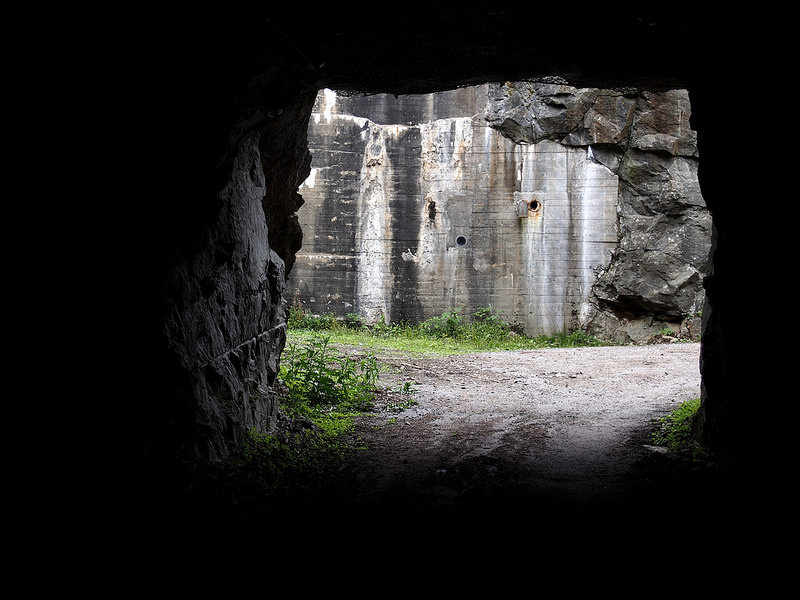
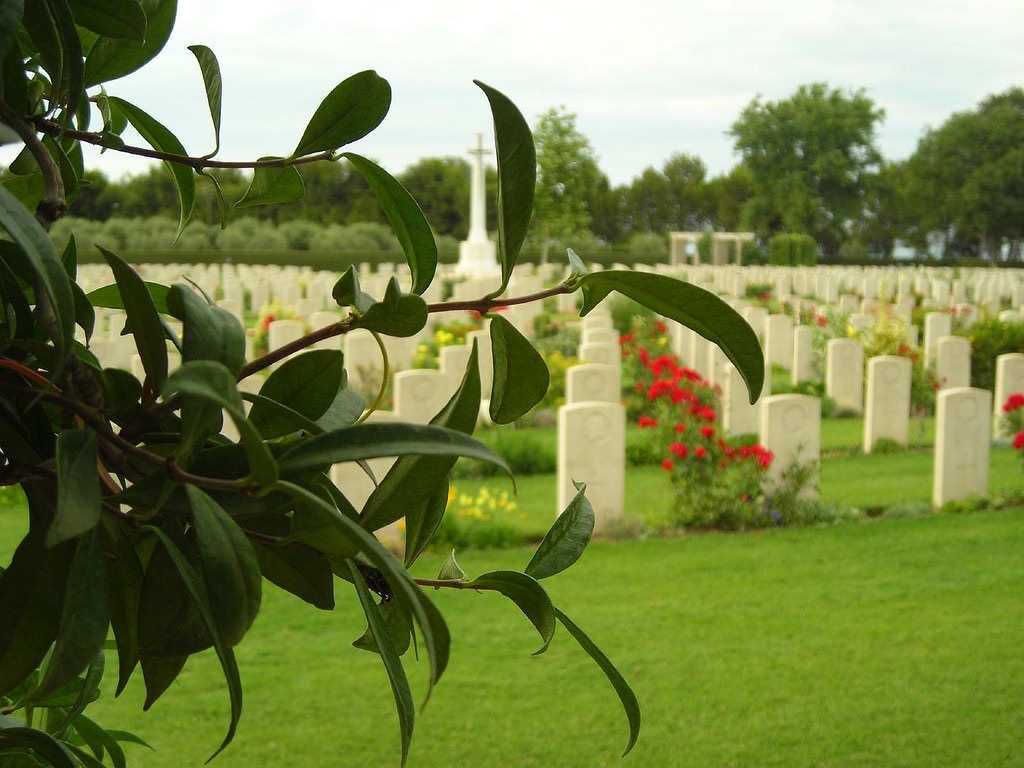

 RSS Feed
RSS Feed